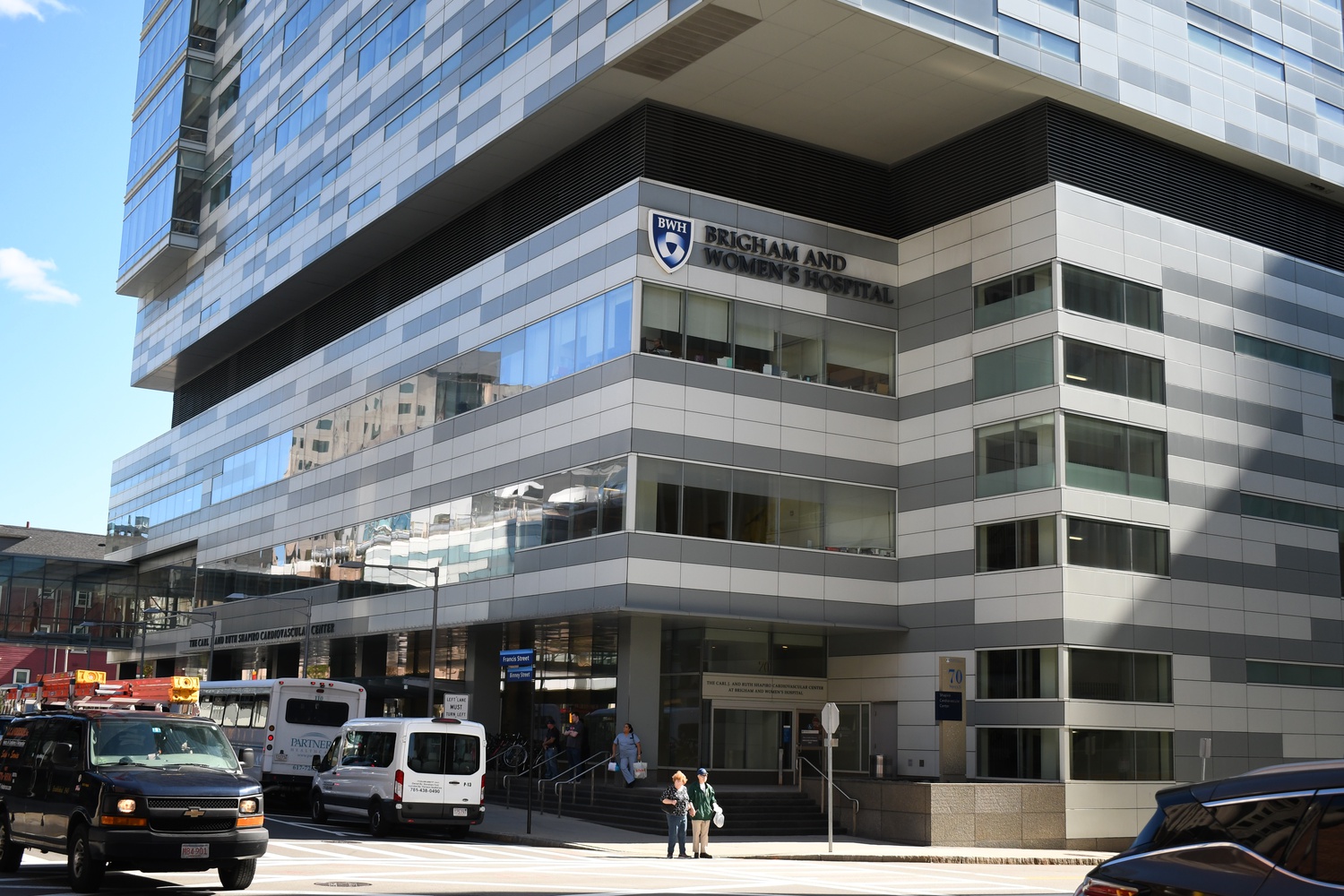
News
HMS Is Facing a Deficit. Under Trump, Some Fear It May Get Worse.

News
Cambridge Police Respond to Three Armed Robberies Over Holiday Weekend

News
What’s Next for Harvard’s Legacy of Slavery Initiative?

News
MassDOT Adds Unpopular Train Layover to Allston I-90 Project in Sudden Reversal

News
Denied Winter Campus Housing, International Students Scramble to Find Alternative Options
Brigham and Women’s Research Examines Potential Causes of Long Covid-19

Researchers at the Harvard-affiliated Brigham and Women’s Hospital found that the Covid-19 antigen is twice as likely to be present in patients suffering from long Covid-19 compared to their asymptomatic counterparts.
The study — which was released on Oct. 9 in the Clinical Microbiology and Infection journal — was done in collaboration with RECOVER, a National Institutes of Health project to learn more about long Covid-19. Igho Ofotokun, a leader in the RECOVER project, said the BWH study is an important step in understanding long Covid-19.
“At this stage, we don’t know what is causing this disease — we can only guess,” Ofotokun said. “We have several theories, several hypotheses, so we’re testing all of those, so no stone is being left unturned.”
According to the study, 43 percent of patients experiencing long Covid-19 symptoms tested positive for virus-derived proteins within 14 months of their initial diagnosis, compared to 21 percent of those who did not experience extended symptoms.
Zoe N. Swank, the study’s lead author, said these findings suggest that antiviral drugs – which target antigens — might help manage long Covid-19 symptoms.
“For individuals that are positive for the antigen, you can then think about treating with antiviral drugs and seeing if that actually stops the replication of the virus that persists — and then maybe ameliorates their symptoms,” she said.
These results come as RECOVER is conducting a separate study, testing the use of the antiviral drug Paxlovid for the treatment of long Covid-19. David R. Walt, a pathology professor at BWH and the BWH study’s primary investigator, said that the study is an important resource for his own investigation.
“If the RECOVER-VITAL study is successful in determining that those individuals with persistent virus benefit from treatment with an antiviral drug, then our hope is our assay will be used to identify the subset of patients who can benefit from such a treatment,” he wrote in an email to The Crimson.
The study does not explain, however, why 57 percent of patients who suffer from long Covid-19 but do not have a persistent viral infection still experience symptoms.
“There’s a lot of different hypotheses of how, why long Covid happens,” said Swank. “You could have an immune dysfunction that’s caused by the initial infection, or it triggers an autoimmune response, or you have a microvascular dysfunction.”
Daniel R. Kuritzkes, chief of the division of Infectious Disease at BWH, said that the study does not entirely resolve the question of if the “presence of antigen ” is connected to long Covid-19, and its symptoms.
“But it doesn’t seem that way — so lots of unanswered questions, even though I think it’s a well-done study,” he added.
Jonathan Z. Li, an infectious disease specialist at BWH and a co-author of the study, said that it was ultimately “an intriguing finding, but far from a conclusive answer.”
“This paper is really thought-provoking and intriguing, and I think it opens up this line of research and investigation that needs to be pursued,” he added. “But there’s so much that we don’t know yet.”
Want to keep up with breaking news? Subscribe to our email newsletter.
